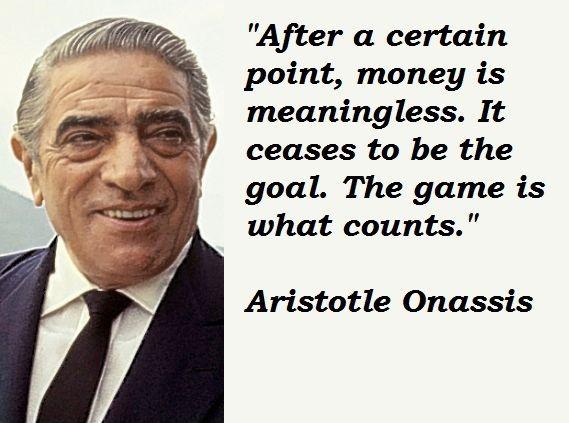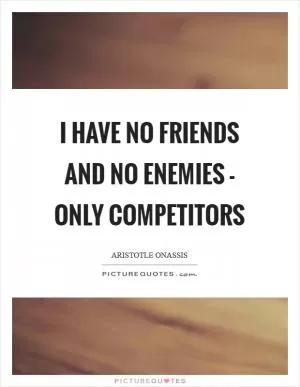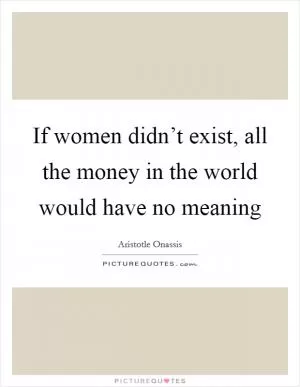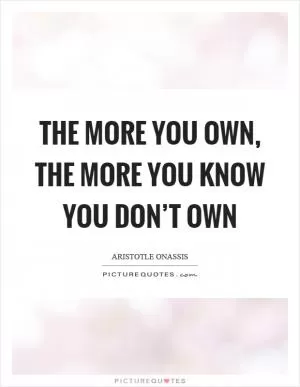After a certain point, money is meaningless. It ceases to be the goal. The game is what counts

After a certain point, money is meaningless. It ceases to be the goal. The game is what counts
Aristotle Onassis, the Greek shipping magnate and one of the wealthiest men in the world during his time, understood the concept that money is not the ultimate goal in life. He famously said, "After a certain point, money is meaningless. It ceases to be the goal. The game is what counts." This statement reflects Onassis' belief that the pursuit of wealth should not be the sole focus of one's life, but rather the enjoyment and challenge of the journey.Onassis was known for his extravagant lifestyle and love of luxury, but he also had a keen business sense and a competitive spirit. He saw money as a means to an end, a tool to achieve his goals and ambitions. For him, the thrill of the game, the excitement of making deals and outsmarting his competitors, was what truly mattered.
In the world of high finance and international business, Onassis was a master strategist and a shrewd negotiator. He understood that money alone could not buy success or happiness. It was his ability to think creatively, take risks, and adapt to changing circumstances that set him apart from his peers.
Onassis' philosophy can be applied to all aspects of life, not just business. Whether it's pursuing a passion, building relationships, or seeking personal fulfillment, the journey itself is often more rewarding than the destination. Money may provide comfort and security, but true happiness comes from the experiences and challenges that shape us along the way.












 Friendship Quotes
Friendship Quotes Love Quotes
Love Quotes Life Quotes
Life Quotes Funny Quotes
Funny Quotes Motivational Quotes
Motivational Quotes Inspirational Quotes
Inspirational Quotes